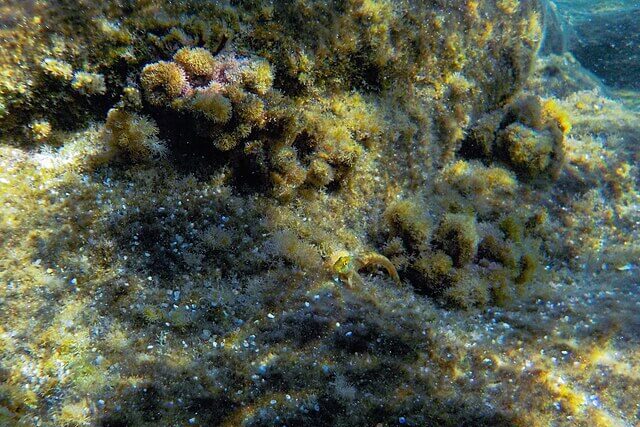
The deep oceans are more biologically diverse than previously thought according to recent research.
NIOZ marine biologist Coral Diaz-Recio Lorenzo recently presented her dissertation for defence at Utrecht University, which revealed a previously underestimated level of biological diversity in the deep oceans, particularly around hydrothermal vents and manganese nodule fields.
“This research – again – shows that we should be extremely careful before allowing commercial deep-sea mining for minerals that are found in these habitats,” marine ecologist Sabine Gollner of NIOZ says.
Diaz-Recio Lorenzo’s study focused on copepods gathered from hydrothermal vents in the Lau Basin, near Tonga, using large underwater robots. Despite their small size, these shrimp-like creatures dominate these vent habitats. DNA analysis unveiled isolated populations with minimal interaction between them, even within the same basin.
Remarkably, specimens from distant basins, though morphologically similar, exhibited genetic distinctions significant enough to classify them as separate species.
The dissertation’s second segment investigated manganese nodules from the Clarion Clipperton Zone, a vast region in the Pacific Ocean at depths of 4,000 to 5,000 meters. Diaz-Recio Lorenzo discovered these nodules harboured a surprising abundance of life, including nematodes, copepods, and other organisms, with individual nodules hosting up to hundreds of individuals. Many of these species seemed exclusive to the nodules, absent from sediment samples collected nearby.
Notably, Diaz-Recio Lorenzo even found evidence suggesting some animals utilise the nodules for reproduction, as indicated by the presence of eggs within them.
Sabine Gollner, a NIOZ marine ecologist and Diaz-Recio Lorenzo’s co-supervisor, expressed astonishment at the richness and uniqueness of life thriving around hydrothermal vents and within manganese nodules.
“The locations that were studied are areas that are currently explored for minerals. But this research shows that we should be extremely careful with regards to potential future deep-sea mining, as these unique species carry high extinction risk.”
This research underscores the need for further exploration and understanding of these deep-sea ecosystems.
——————————————————————————
At Natural World Fund, we are passionate about stopping the decline in our wildlife.
The decline in our wildlife is shocking and frightening. Without much more support, many of the animals we know and love will continue in their decline towards extinction.
When you help to restore a patch of degraded land through rewilding to forests, meadows, or wetlands, you have a massive impact on the biodiversity at a local level. You give animals a home and food that they otherwise would not have had, and it has a positive snowball effect on the food chain.
We are convinced that this is much better for the UK than growing lots of fast-growing coniferous trees, solely to remove carbon, that don’t actually help our animals to thrive.
This is why we stand for restoring nature in the UK through responsible rewilding. For us, it is the right thing to do. Let’s do what’s right for nature!
Donate today at https://naturalworldfund.com/ and join in the solution!

